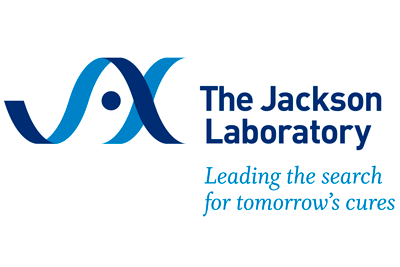Welcome
We are a group of geneticists, neuroscientists, and computer scientists who are passionate about discoveries of novel targets and models for mental illness through innovation at the confluence of computational, genetic, and genomic methods.
The Kumar Laboratory is located at the Jackson Laboratory in Bar Harbor, Maine. We study neural circuits in the brain whose misregulation leads to behavioral abnormalities including addiction, attention deficit hyperactivity disorder, and depression. Using mouse molecular genetics as a foundation, and a combination of computational, biochemistry, physiology, and imaging techniques, we dissect these complex conditions in mammals.
Latest Lab News and Blogs:
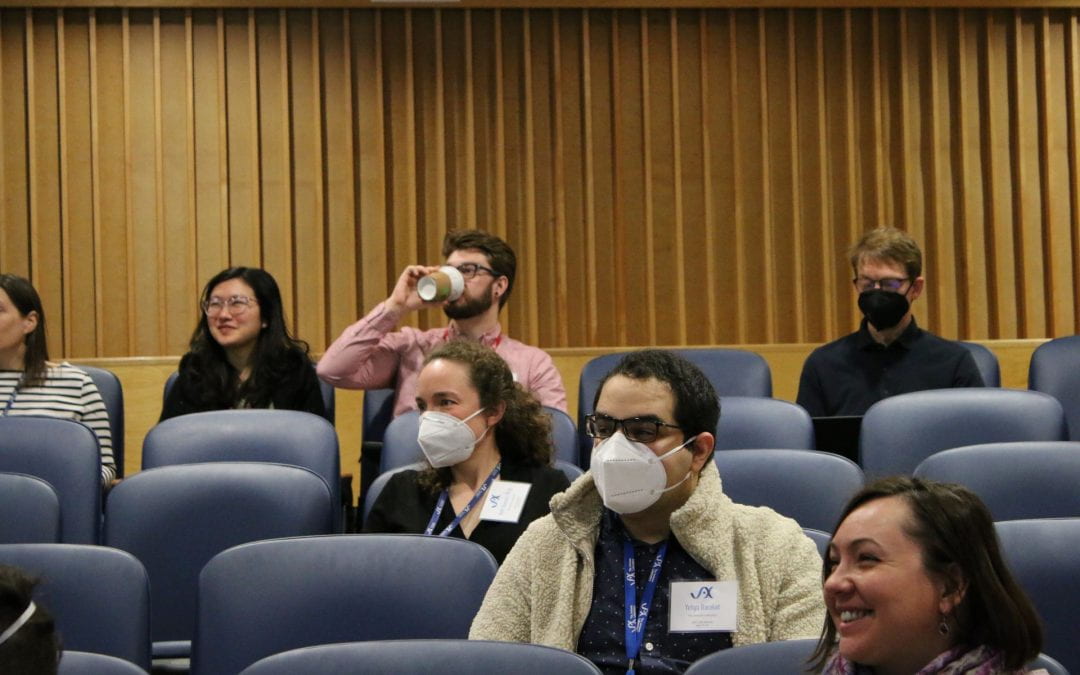
Tufts Genetics and Neuro PhD Students Meet at JAX for a Retreat
Tufts students in the Genetics and Neuroscience programs joined together on April 11 - April 13 in the annual effort to facilitate community between the Boston-based and Bar Harbor-based students. The three-day retreat featured student-talk sessions, student-poster...
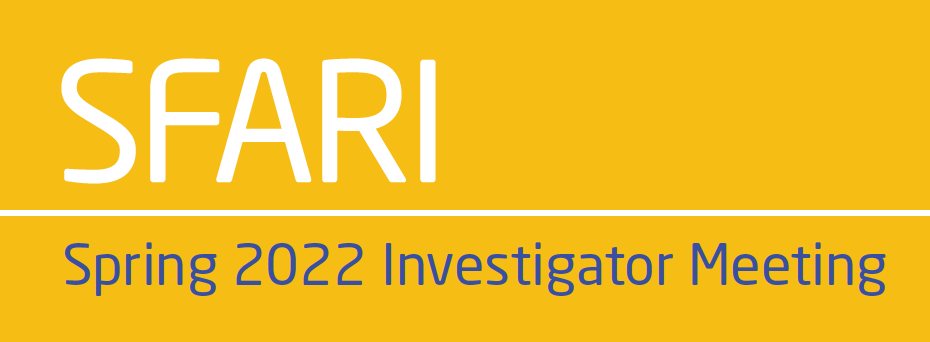
Vivek attends the SFARI Investigator Meeting in New York
Vivek attended the SFARI Investigator's meeting on April 11-13 in NYC. The meeting booklet is here. The meeting had ~200 investigators with a wide array of topics from human genetics to systems neuroscience.

Spectrum Magazine covers our gait/posture methods
Spectrum is a leading online magazine for autism research and treatment. Holly Barker from Spectrum interviewed Vivek and wrote this piece about our Cell Reports paper. ...
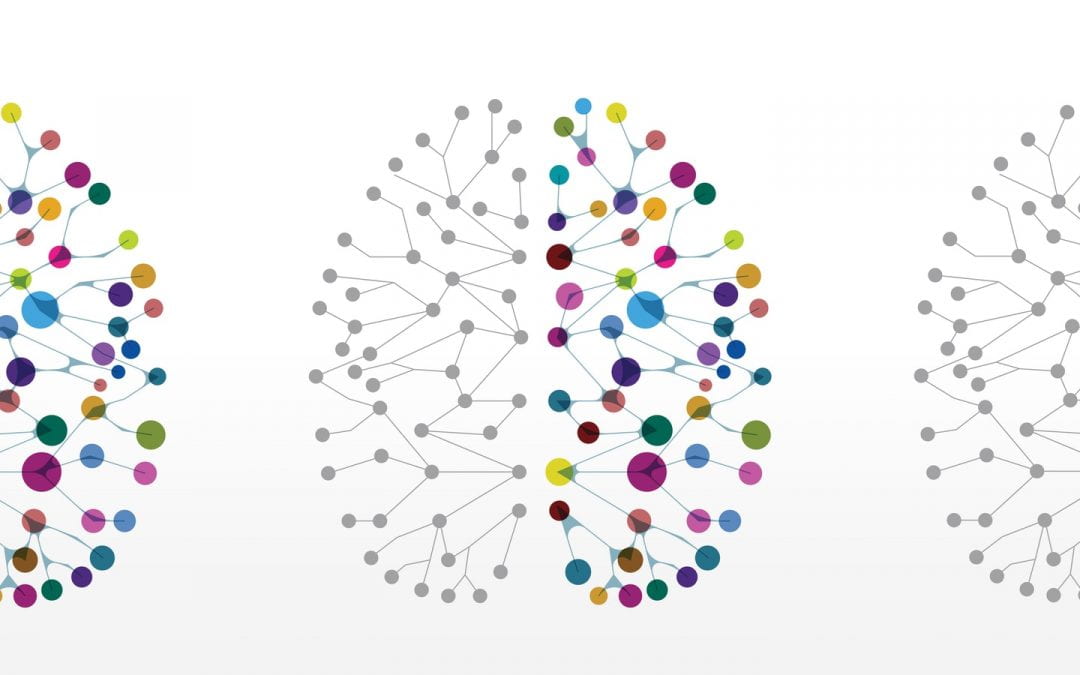
Kumar Lab Receives a 2021 SFARI Director’s Award
Press announcement here - the work will fund monitoring of ASD models using our long-term methods. We appreciate the support from SFARI (Simons Foundation Autism Research Initiative) which is one of the most innovative funding agencies for biomedical research....
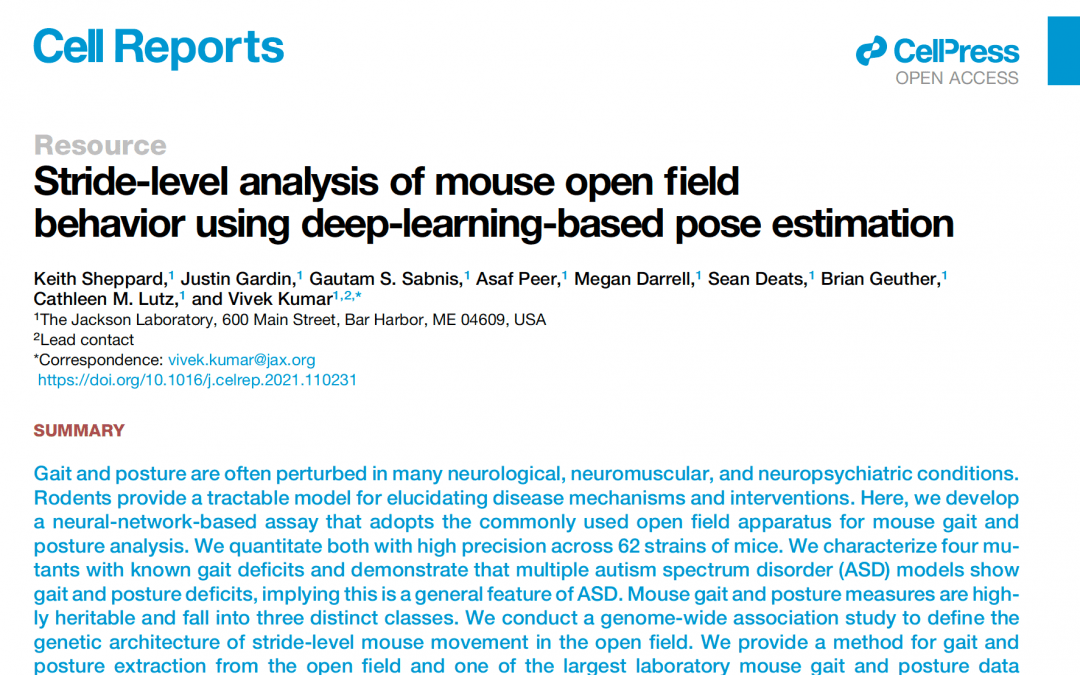
Gait and posture paper is now online at Cell Reports
A tour de force from Keith and Gautam. This is beautiful work. Full text is available here. https://www.cell.com/cell-reports/fulltext/S2211-1247(21)01740-X
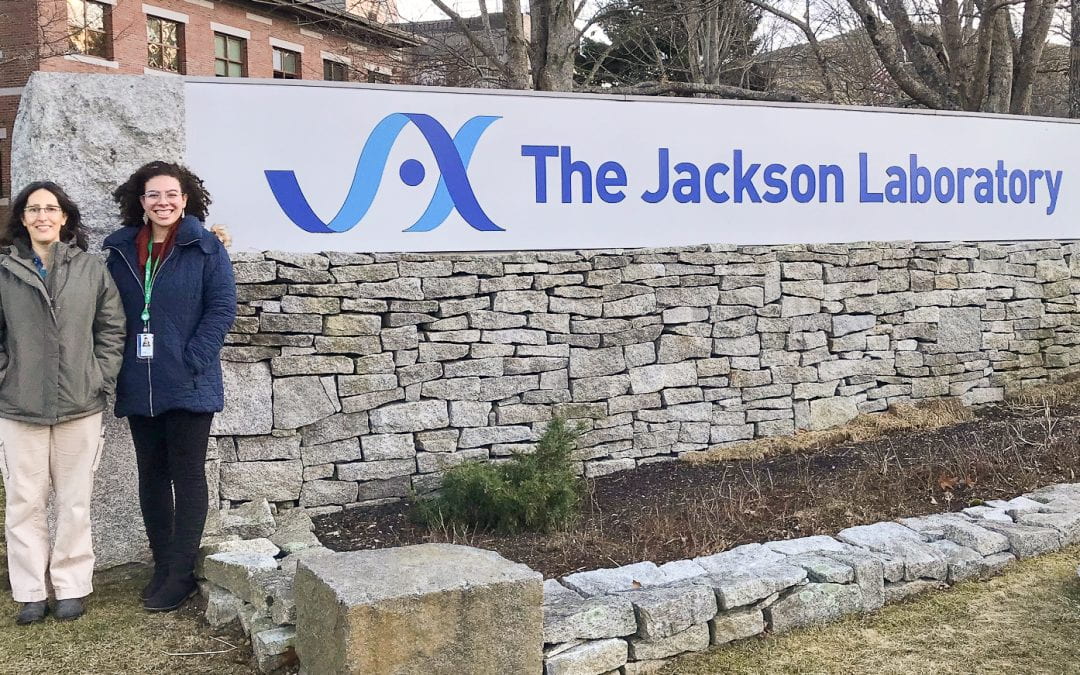
Two new Kumar Lab members join
Michelle Berger and Marina Santos have joined the Kumar Lab as Research Associates. More to come on their background and roles in the lab. WELCOME MARINA AND MICHELLE
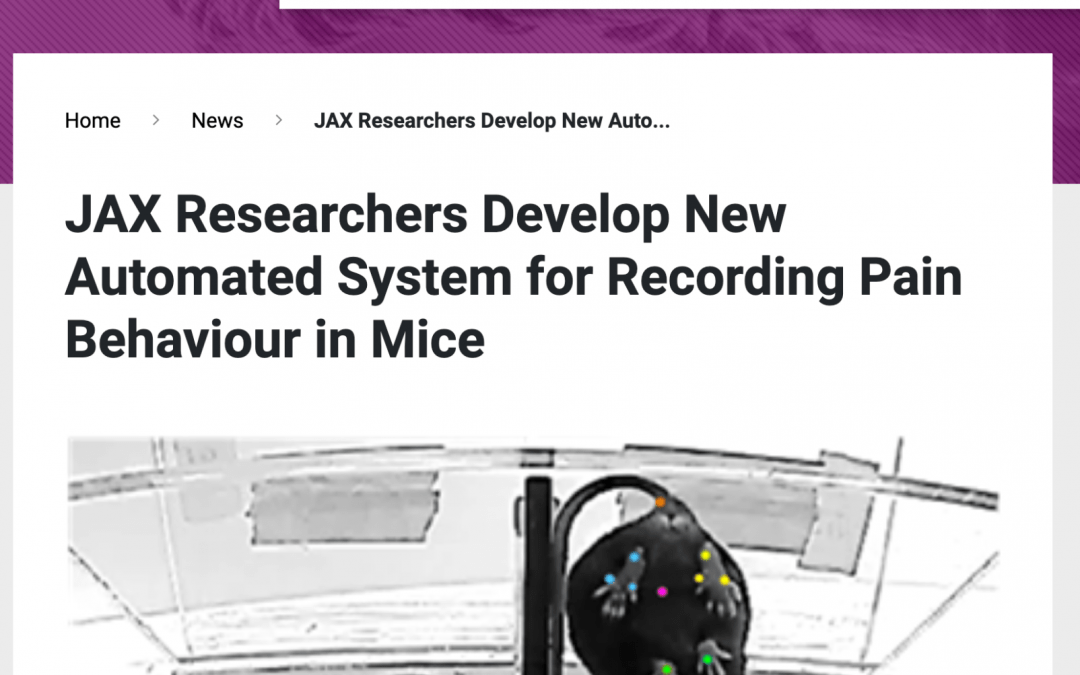
Summary of our nociception work
A nice summary of our nociception paper by Janine. https://www.mousephenotype.org/news/jax-researchers-develop-new-automated-system-for-recording-pain-behaviour-in-mice/
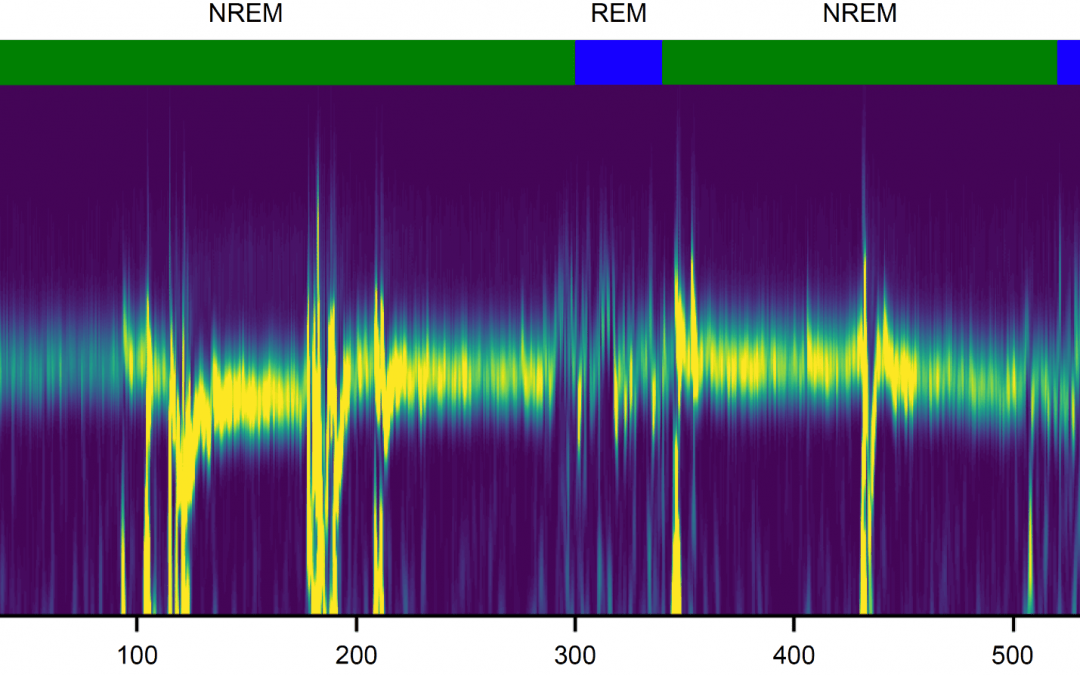
Sleep paper is now published online
Visual determination of sleep states is published in the journal Sleep. Congratulations to Brian and Mandy for leading this effort. The article can be found here. Standard link (you may share this link anywhere):...
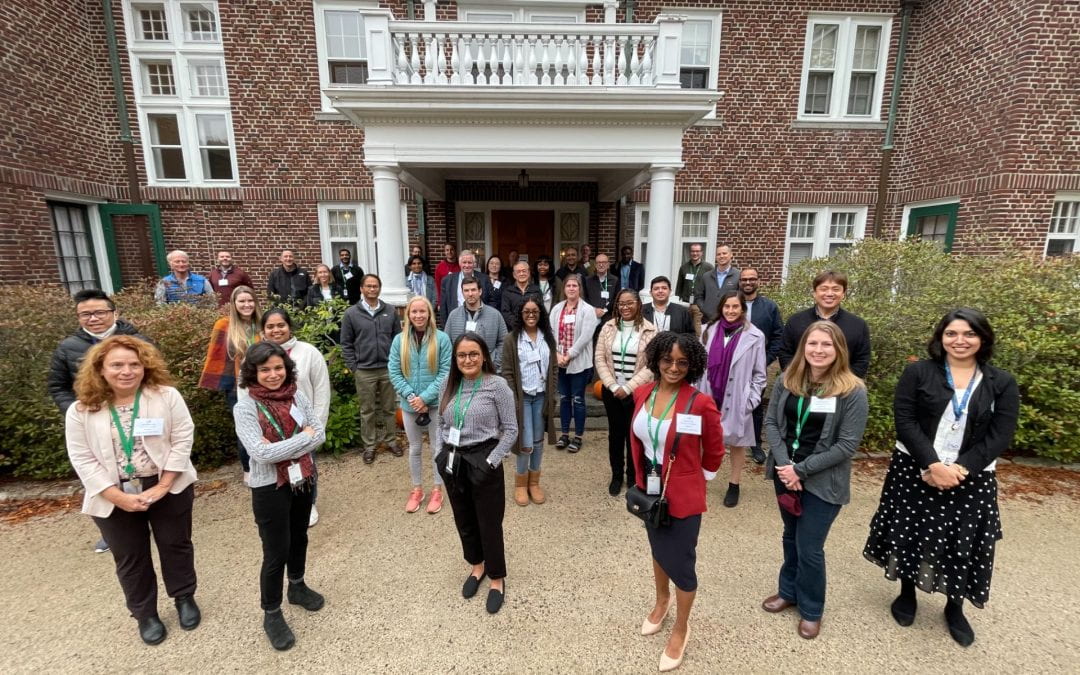
Vivek Co-organizes Sleep/Circadian/AD Short Course at Highseas
Vivek was a co-organizer of the Impacts of Sleep and Circadian Biology on Alzheimer's Disease and Aging from Oct 16-22, 2021 at Highseas Conference Center. The short course had 25 residential students and over 100 virtual students. The instructors included leaders in...
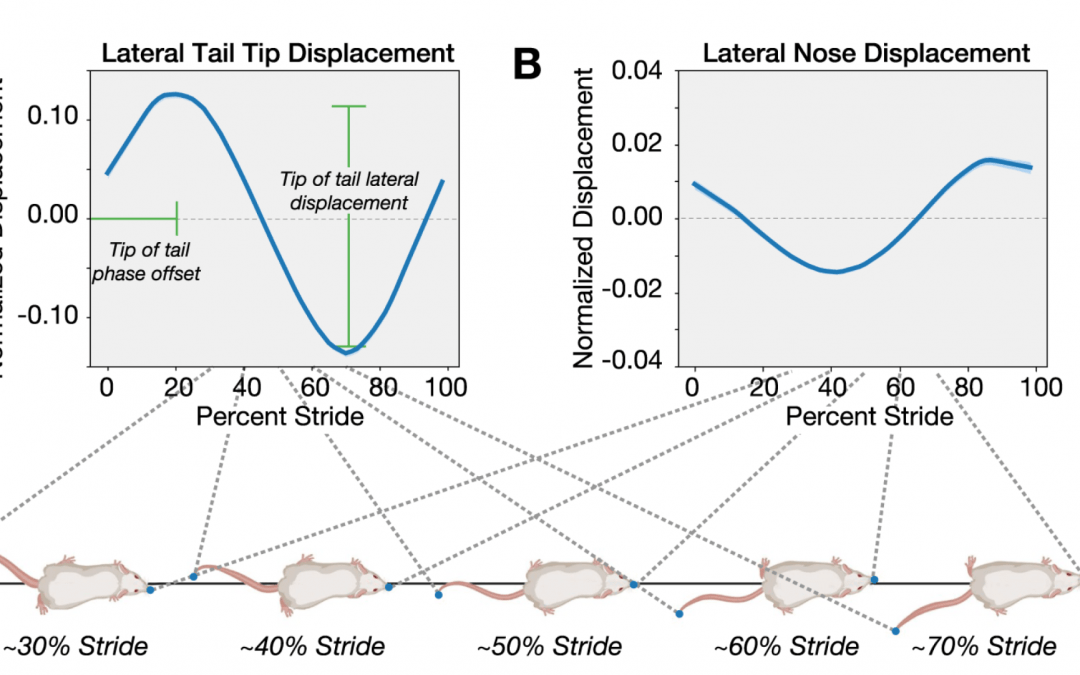
Gait Paper is accepted to Cell Reports
The mouse gait paper has been accepted. A preprint is here - the final version will be shorter due to space limitations from the Journal. Congratulations to Keith and Gautam on leading this effort. The work was started by Justin Gardin, a stellar postdoc in the lab....
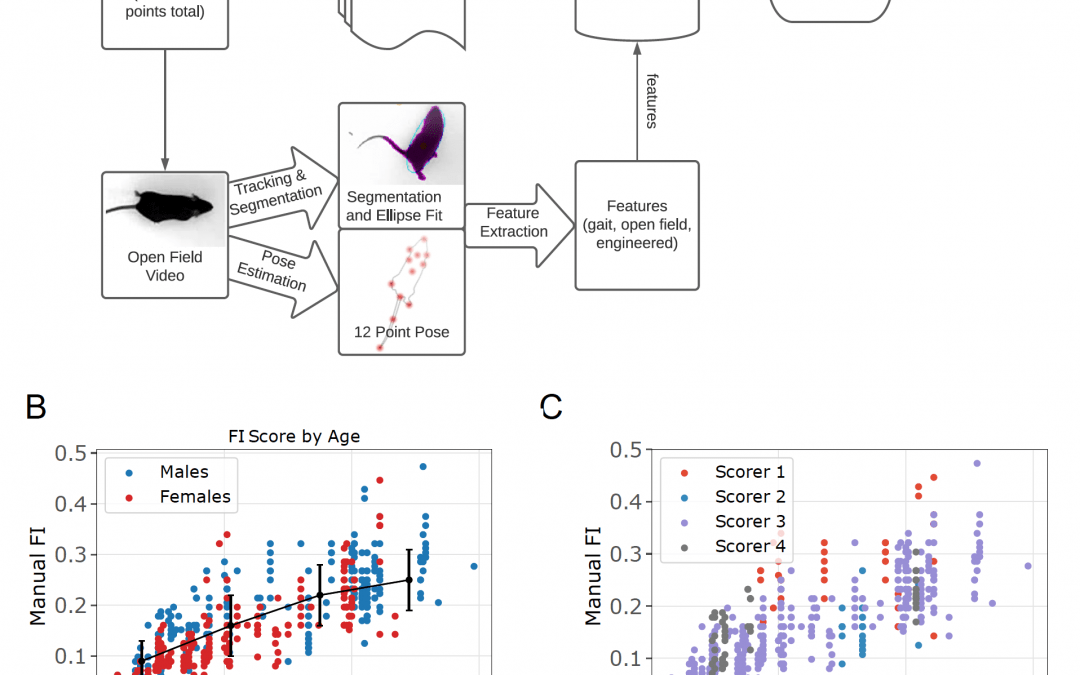
Visual determination of frailty – preprint online now
Leinani's and Gautam's paper is online as a preprint. It is currently under review at Nature Aging.

Sleep Paper is accepted
Visual determination of sleep states is accepted in the journal Sleep. Congratulations to Brian and Mandy for leading this effort.
